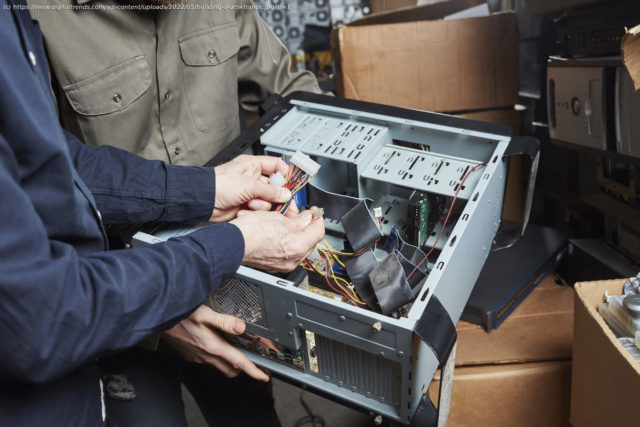Over the years as I’ve upgraded my desktop for better performance, I’ve come to realize that my CPU is either good enough for games or just isn’t.
Although GPUs are often the focus for gaming, CPUs are perceived as an important upgrade too. According to AMD and Intel, we all need the fastest Ryzen 7 5800X3D or the Core i9-12900KS to get truly good gaming performance in our games.
And that’s partially true. If you upgrade from a CPU made five years ago to one made today, you’ll get way more frames.
But when you’re considering what expensive component to upgrade to your PC next, the CPU probably shouldn’t be your first choice. For all the rhetoric surrounding CPUs and gaming performance, midrange and even low-end CPUs made within the last 5 years could perform better than you might think.
Like many people. I learned just how ineffective certain upgrades can be the hard way: through first-hand experience.
I’ve had my ups and downs with CPU upgrades over the years. My first PC had an AMD A8-7650K, an APU with integrated graphics. Not exactly a monster gaming PC, but that’s where my journey began. In striving for my goal to hit better frame rates, I turned first to upgrade my GPU, as you should. Moving up to the discrete Radeon R9 380 significantly boosted performance in games, but I still wasn’t satisfied with the results. My machine still struggled to hit 60 fps (frames per second) in games like The Witcher 3, as was my goal.
I figured that if upgrading my GPU couldn’t get me there, I should upgrade my CPU next. I tried the Athlon 860K, which had a higher clock speed, but no luck. I then tried the Athlon 880K with an even higher clock speed, but once again my frame rate didn’t improve. Fed up with my results, I decided to wait for AMD’s first-generation Ryzen chips, which were just around the corner.
As soon as Ryzen 1000 launched, I upgraded to a Ryzen 7 1700 and thankfully I could finally get 60 fps in pretty much every game I played. Unfortunately, this created an incorrect perception in my head about the benefit of CPU upgrading. Perhaps you’ve had a similar experience, but I went into my cycles of Ryzen upgrades eager to see how they would transform my PC’s gaming performance. That was even more heightened by the claims from AMD and reviewers about how Ryzen was finally on par with Intel for gaming performance.
You can imagine my disappointment, then, when I saw nearly identical frame rates after multiple generations of upgrades. The realization hit hard that when it comes to CPU performance, it’s far more complicated than I’d previously thought.
If you’re anything like me, you may have believed at one point that CPU benchmarking works just like GPU benchmarking. But as I learned, it doesn’t.
The greatest strength of GPUs is flexibility. If you have a GPU and it’s not achieving a good enough frame rate, you can just simply turn down graphical quality settings to get more frames. Or if you think you have more than enough frames, you can exchange them for higher quality visuals.
Let’s say you have two graphics cards, the AMD RX 6950 XT and an RX 6650 XT, and you want to know how they compare to each other when paired with a top-end CPU.






